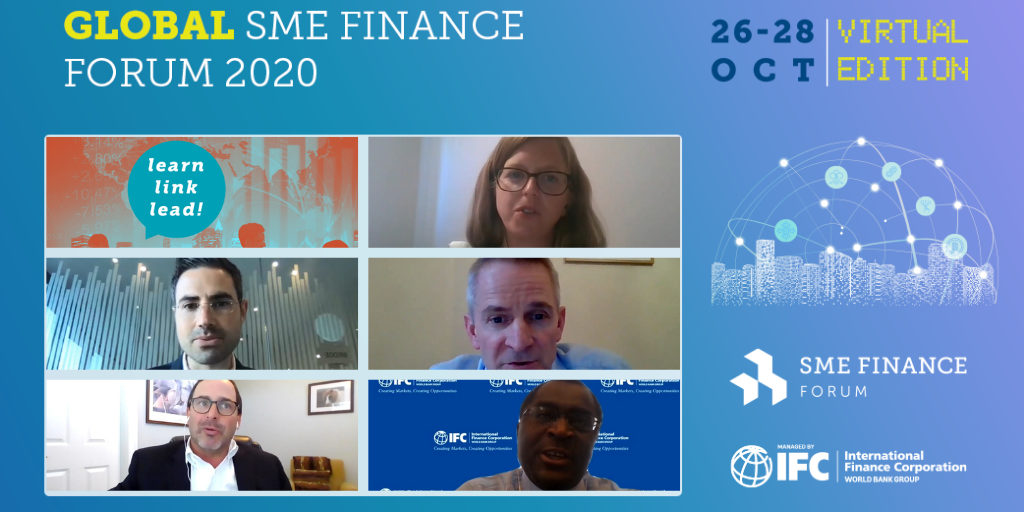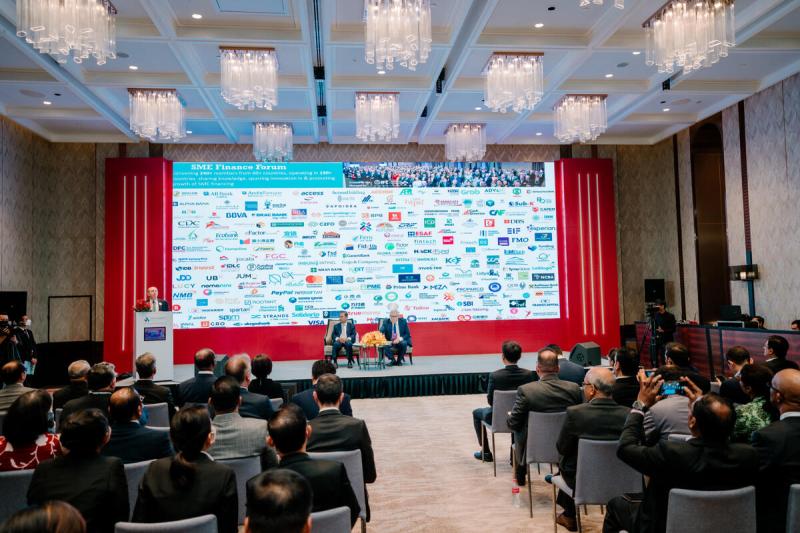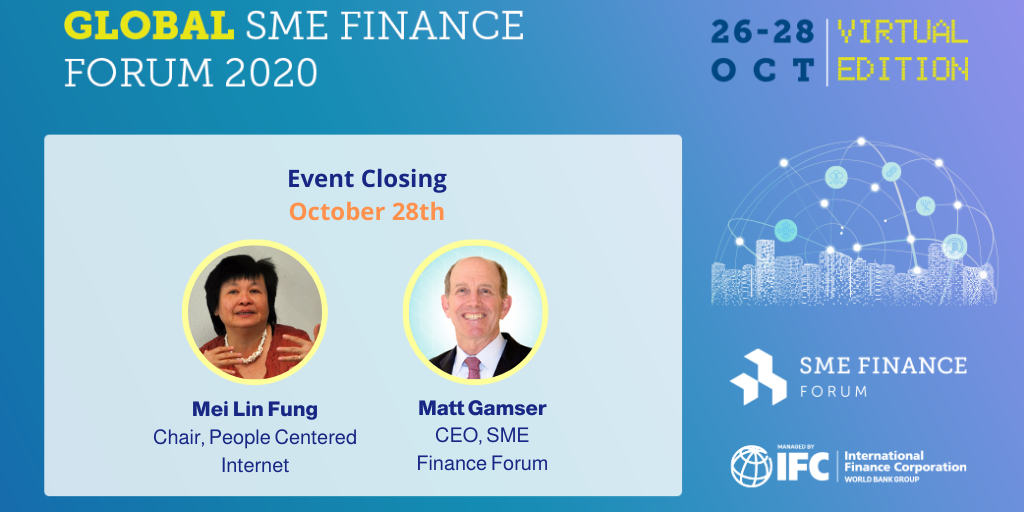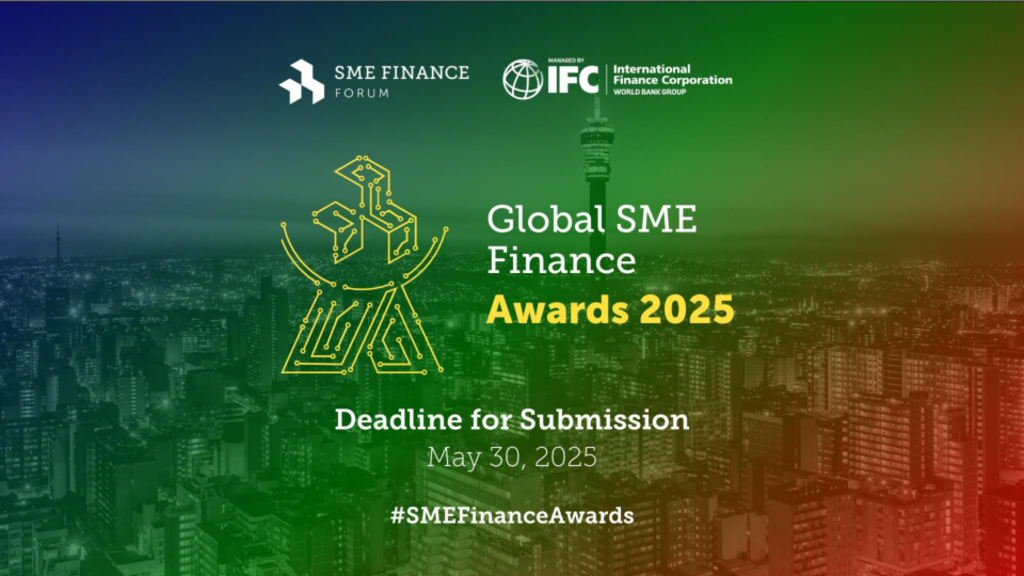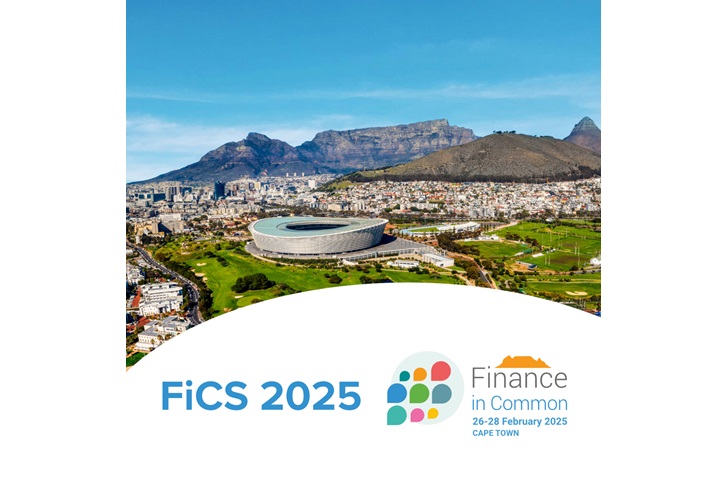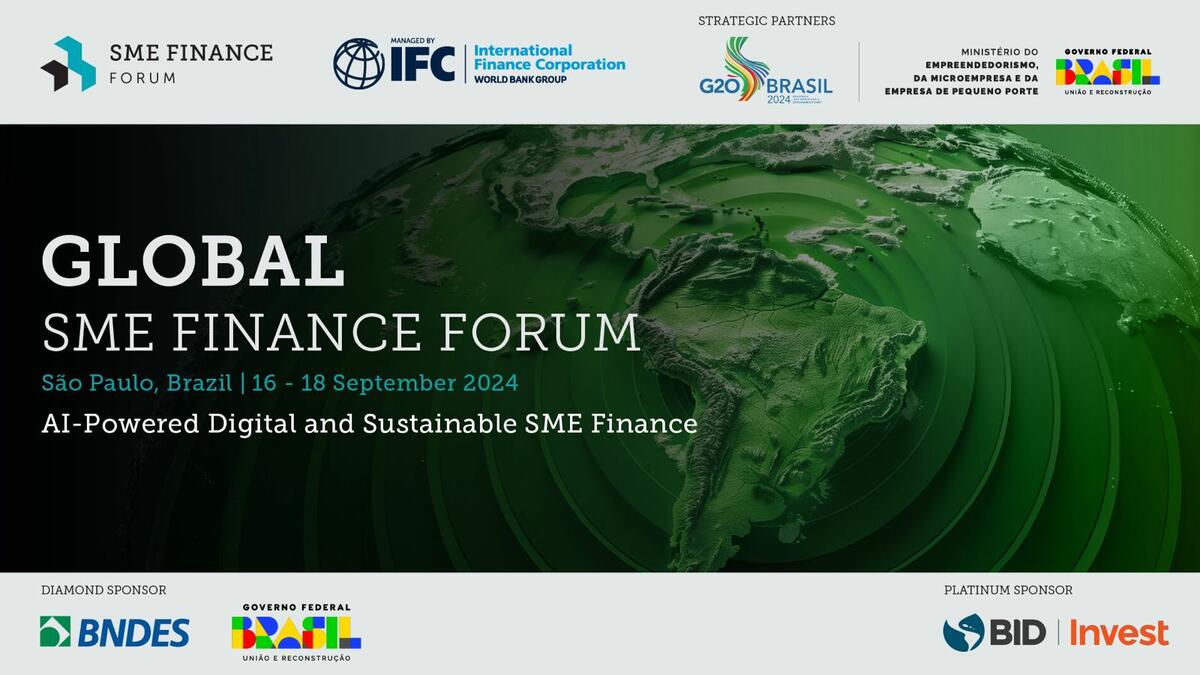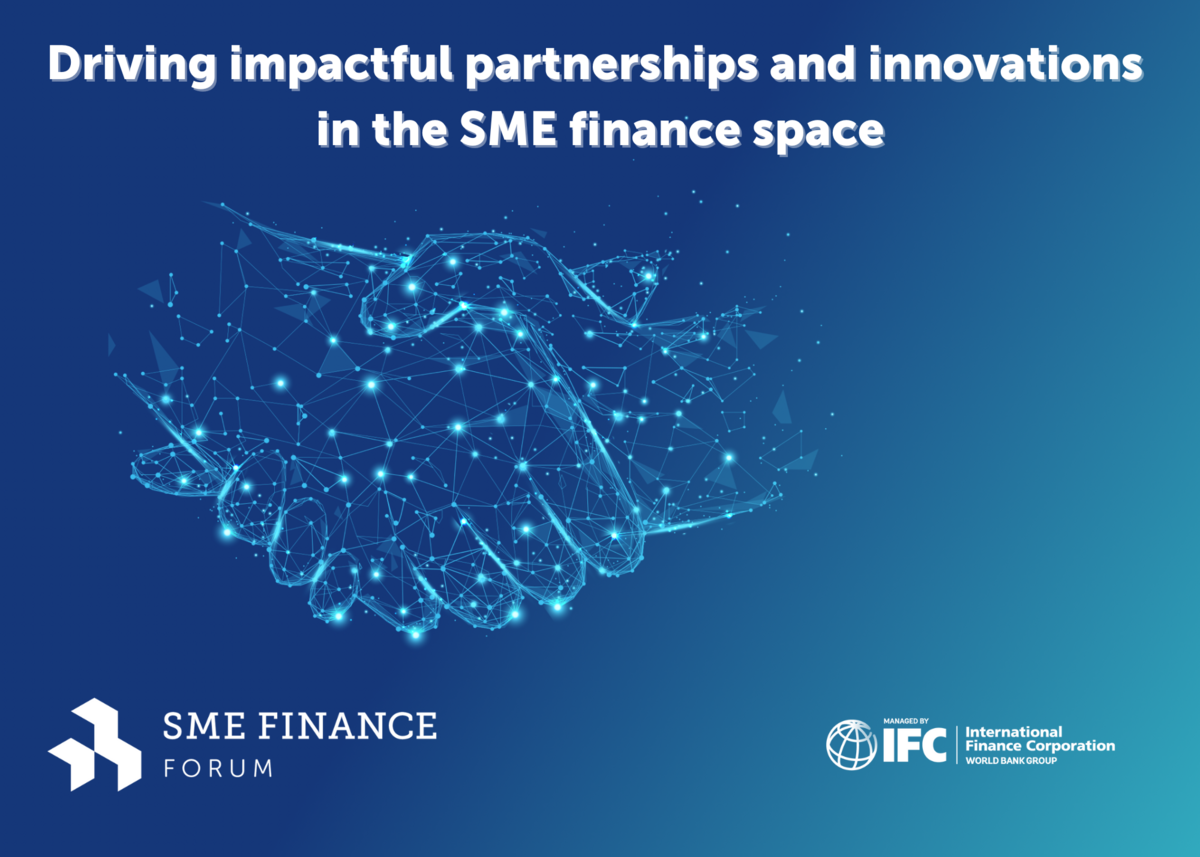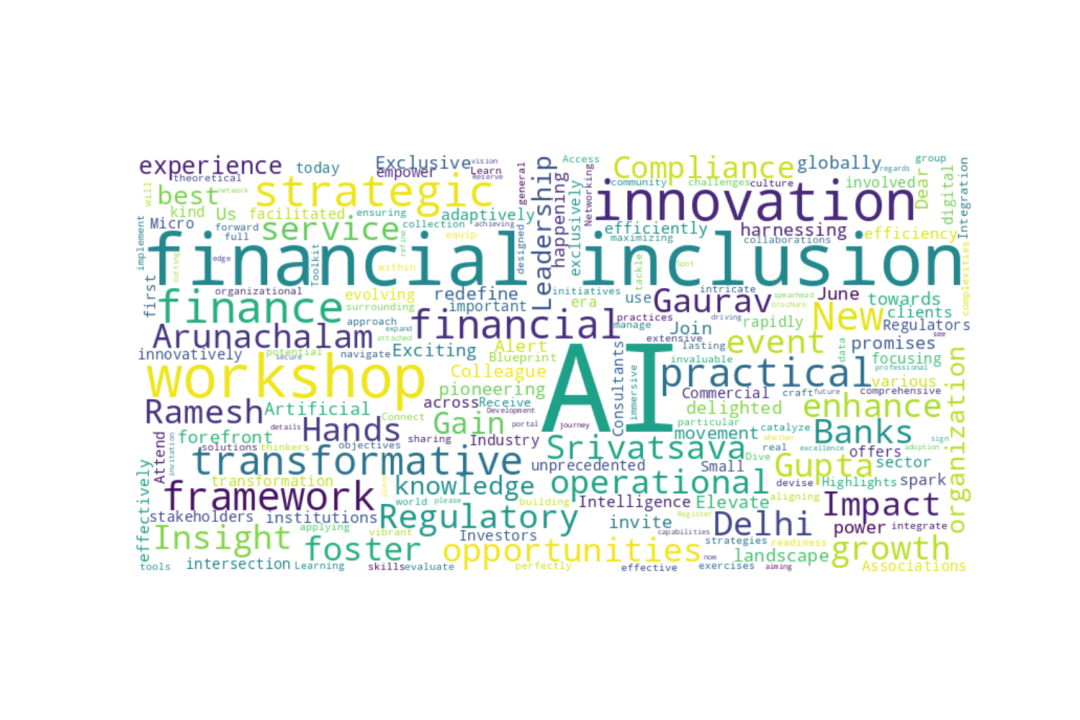- Some of the biggest challenges faced by organization is how to increase financial inclusion and enable access to short-term working capital.
- People had a lot more time on their hands during the pandemic, so the level of activity and engagement with consumers has increased during this time.
- It was critical for organizations to understand how to transact digitally and effectively when physical processes struggled.
- Recognizing the pain points of the merchants and SMBs is critical as an organization. Identifying their needs, how can they digitize their business, how can they get access to capital, etc to build value for SMEs.
"We received a lot of feedback from customers and realized there is a huge need not just for financial assistance but non-financial assistance," says @jweinbergsa of @FNBSA at the #SMEFF20 pic.twitter.com/SUVJnguHFr
— SME Finance Forum (@SMEFinanceForum) October 27, 2020
"Small businesses are critical to local economies & to our business. They represent about 90% of all businesses and 70% of all workers but deliver only half a global deal and we know the pandemic is really had a tremendous impact on them," says Jay Singer of @Mastercard #SMEFF20 pic.twitter.com/cFjIELKaW4
— SME Finance Forum (@SMEFinanceForum) October 27, 2020
"During COVID our efforts were based on our multi-stakeholder business model with an initial priority on supporting our people and communities across our value chain," says Clive Allison @unileverusa pic.twitter.com/idw6k7bH1c
— SME Finance Forum (@SMEFinanceForum) October 27, 2020


"Very clear tracking of complaints with single reference numbers, while providing access to social media & email to make communication more accessible in these challenging times is what is needed to keep customers comfortable,"

"We know that Asia has been hit hard and so there's been lots of learning from Asia that we are transferring to our clients in Latin America and the Caribbean in terms of supporting our SME clients through this crisis,"



